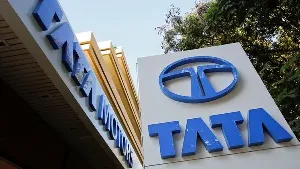Trump's Shift on H-1B Visas Highlights America's Skills Shortage
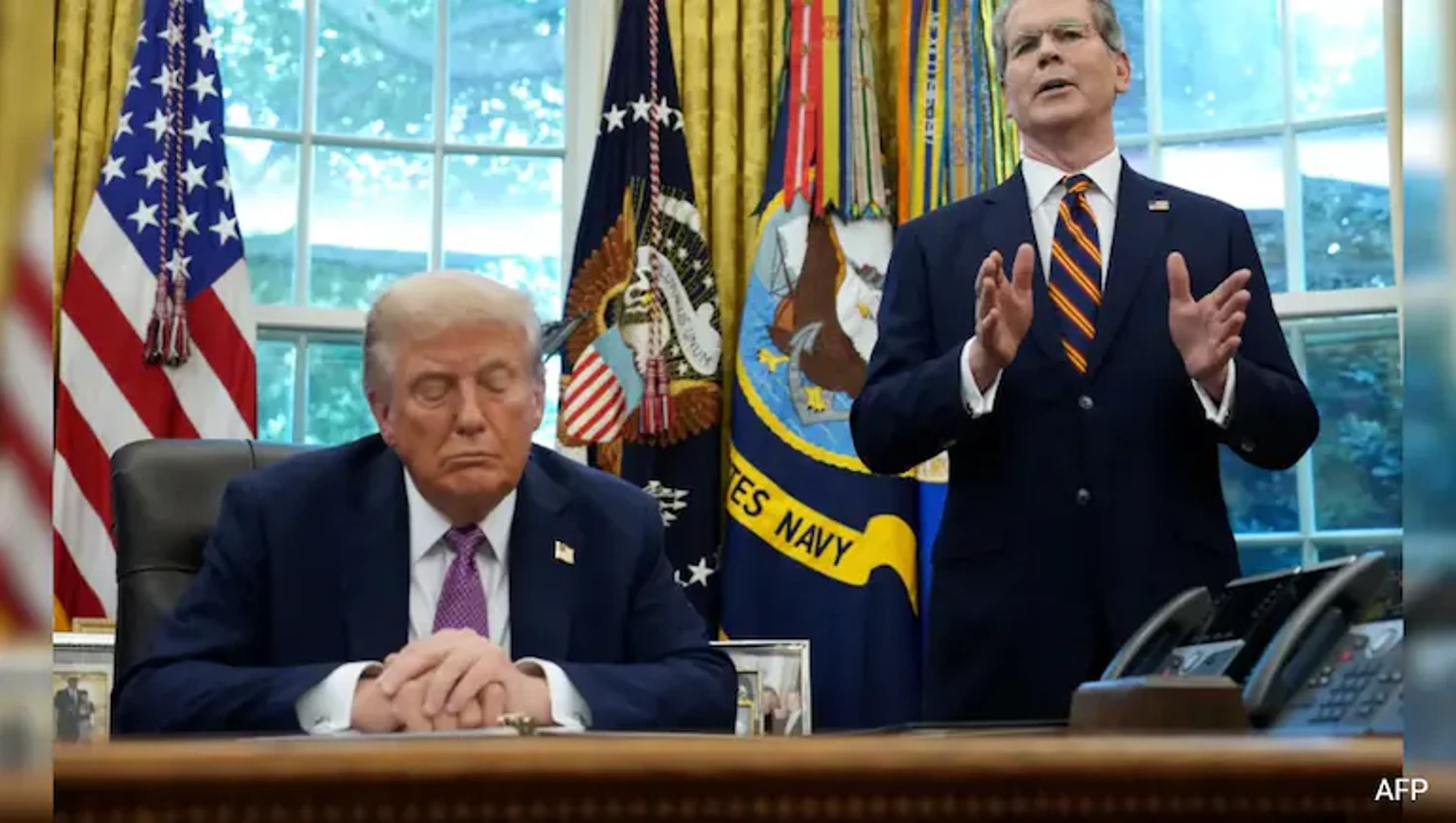
In a notable shift, United States President Donald Trump recently expressed doubts about the country's pool of skilled workers during an interview on Fox News. Speaking with Laura Ingraham on 12 November, Trump asserted that the US lacks individuals with certain specialised skills, which necessitates the importation of foreign talent. His remarks represent a departure from previous rhetoric that sought to limit immigration and prioritise local employment.
During the dialogue, Ingraham challenged Trump, questioning whether the H-1B visa programme, which allows US companies to employ foreign workers in specialty occupations, would be a focus of his administration. Despite her suggestions that flooding the market with foreign workers could harm American wages, Trump countered by asserting the necessity of foreign expertise. "We also do have to bring in talent," he stated emphatically.
Trump's comments come amid ongoing debates about the H-1B visa programme, which has faced scrutiny from various factions within the political spectrum. Critics have argued that the current immigration policies contradict the administration's broader goals of boosting employment for American citizens. The H-1B visa program has historically been a contentious issue, particularly as Trump’s base has expressed mixed feelings about its implications for domestic job markets.
Treasury Secretary Scott Bessent, also appearing on Fox News shortly after Trump, elaborated on the administration's vision related to skilled labour. He outlined a strategy to bring in foreign workers to train Americans over a period of several years, after which these workers would return to their home countries. Bessent highlighted that this initiative aims to address skill shortages in critical sectors, including manufacturing and technology. He remarked, "For 20–30 years, the US has offshored precision manufacturing jobs. We want to bring the semiconductor industry back to the US."
The Trump administration has positioned this approach as a means to revive domestic industries that have struggled in recent decades. Bessent described the programme as a "home run," aimed at restoring the US's manufacturing capabilities.
Despite these claims, experts and industry leaders express concern about the implications of imposing a $100,000 fee on H-1B visa applications, a move announced by the Trump administration last year. Barbara R. Snyder, President of the Association of American Universities, has been vocal in her opposition, stating that such fees undermine the very foundation of American innovation. Snyder has pointed out that while the US may have a significant number of high-skilled workers, it does not have enough to meet the demands of a rapidly evolving workforce in research and technology.
"American businesses and institutions of higher education alike utilise the H-1B programme because the domestic supply of highly skilled workers is not large enough to keep up with the demands of U.S. innovation," Snyder explained. She further warned that the consequences of high visa fees would extend beyond universities, affecting communities and industries reliant on the influx of talent.
The contradictions inherent in the administration's stance on skilled labour underscore a broader reality: while the US claims to have an abundant talent pool, its policies indicate a reliance on international expertise. The narrative presented by Trump and Bessent frames foreign workers as temporary trainers, while institutions argue that they play a crucial role in sustaining innovation and development within the country.
As discussions about the H-1B visa programme continue, the debate highlights a pressing issue for the US: the apparent skills gap that may hinder its competitive edge in a global economy. With both political leaders and educational institutions acknowledging the need for skilled labour, the challenge remains to balance domestic workforce development with the realities of an increasingly interconnected world.
In conclusion, as the Trump administration navigates the complexities surrounding immigration policy and workforce needs, the emphasis on foreign talent raises questions about America's ability to cultivate its own skilled workforce. The ongoing dialogue will likely shape the future of the H-1B visa programme and its impact on American industries.
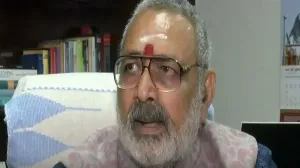
Red Fort blast sparks political row in India over ‘home-grown’ terror debate
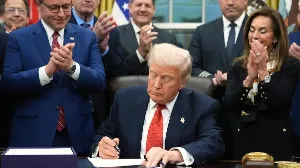
US Government Shutdown Ends, Sparking Political Reactions

India Withdraws 14 Quality Norms to Support Key Manufacturing Sectors
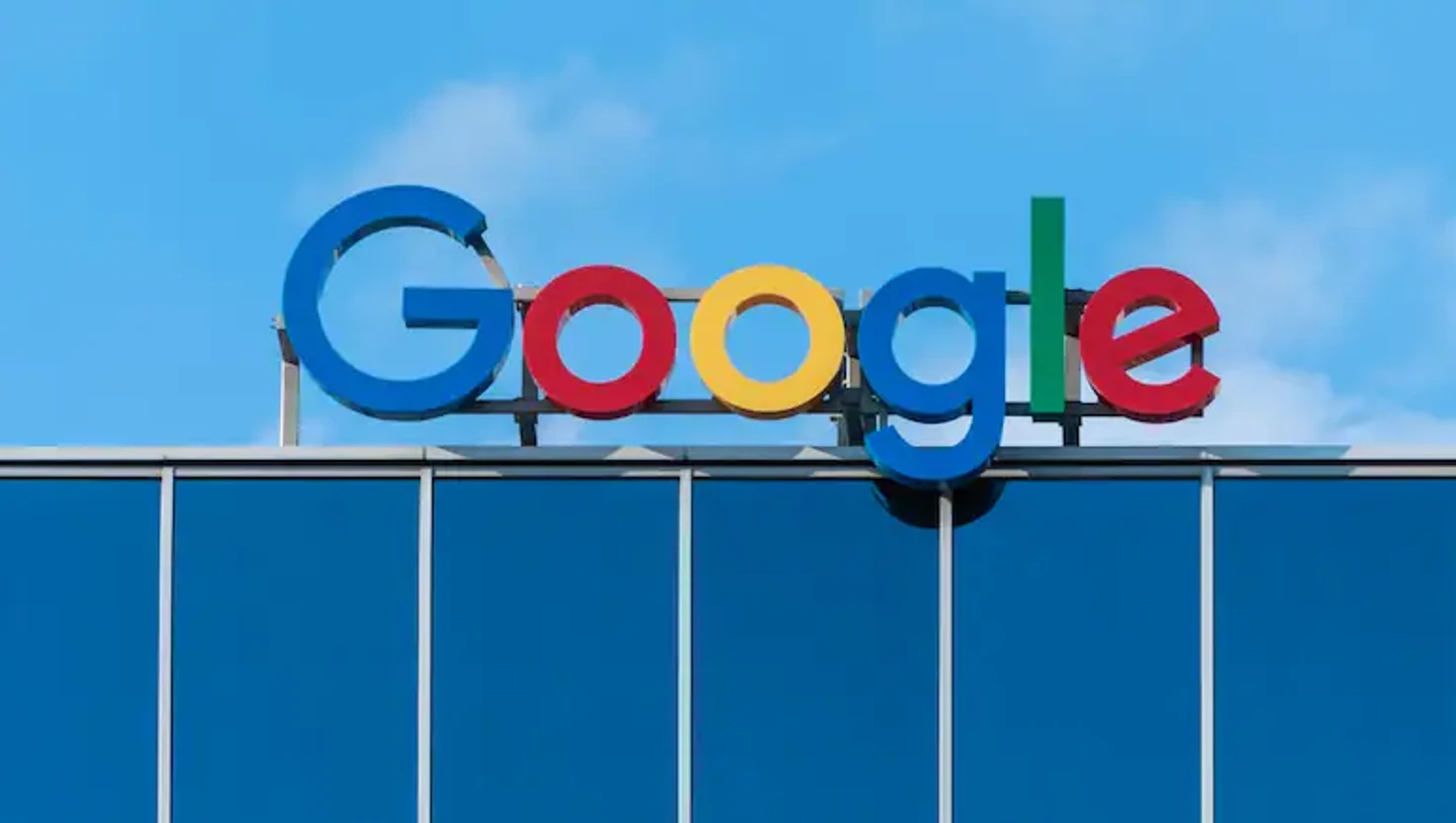
European Commission Investigates Google over Spam Policy Issues
